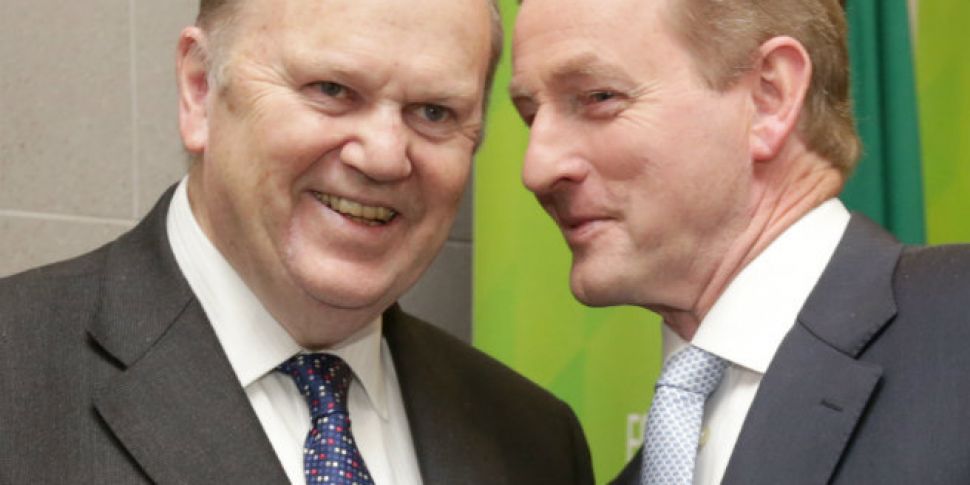The phasing out of the controversial Universal Social Charge (USC) was one of the key proposals put forward by Fine Gael in this year's election campaign.
Yesterday, potential measures for Budget 2017 were published for the first time.
They give a number of options which would lead to the phasing out of the USC between now and 2020.
However, the Department of Finance is warning that if the USC is cut or scrapped entirely it will leave less maneuvering room for other tax cuts promised under the Programme for Government.
In that context, is a complete phasing out of the tax a wise idea?
Professor Seamus Coffey is a Lecturer in Economics in UCC. He suggests the USC's notoriety is unfair, but acknowledged that it is seen as a 'figurehead' of the financial crisis.
Speaking to Newstalk Breakfast, he explained: "I think the reputation of the USC is somewhat undeserved.
"Yes, as a tax it was introduced during the crisis and it is very visible on people's payslips. But the USC has replaced taxes that were previously there [...] When the USC was introduced, the Health Levy was abolished. And right at the start of the crisis there was a separate income levy introduced.
"So the increase in the USC itself wasn't actually that large. But when people see the total sum that it is taken, it is notable," he added.
He argued that the 'universal' nature of the cost is one of the controversial charge's benefits.
"Almost all income is covered - so for relatively low rates of 3%, 5.5% and 8% we collect around €4bn a year," he observed. "Whereas with income tax we have rates of 20% and 41% and the amount collected is just around €10bn a year.
"So the USC is a very efficient tax. Yes, we should be changing our tax system, but maybe the changes could be more on the income tax where you have the flexibility of tax credits, allowances and rates," he argued.
Chris Donoghue and Irish Times Managing Editor Cliff Taylor also discussed the subject on today's Pat Kenny Show.
"I think this is the key political choice that is facing the Government," Cliff said.
"If they want to stick to the USC, they have two choices I suppose. One is to kind of phase in or delay some of the other promises that they said they would undertake. Or the other is to say 'OK, bite the bullet, raise money elsewhere, look for extra revenue or maybe hope the Exchequer finances are going to be a bit better in the next few years'."
Chris argued that he believes one of the biggest flaws in Ireland's democracy is the lack of a Budget scrutiny for promises made during election time.
Cliff agreed, observing: "When you look at the amount of money that is going to be available this year to cut taxes, it's likely to be a little bit over €300 million... peanuts really in the overall sense, less than half the size of the tax package last year.
"I think there's a lot of political danger there for the Government. There isn't a lot of leeway this year, there were a lot of promises made in the election campaign.
"And there are a lot of promises made in the Programme for Government - which in itself was kind of a compromise between Fianna Fáil and all the Independents - which has a lot of good news and not much in the way of bad news," he added.









